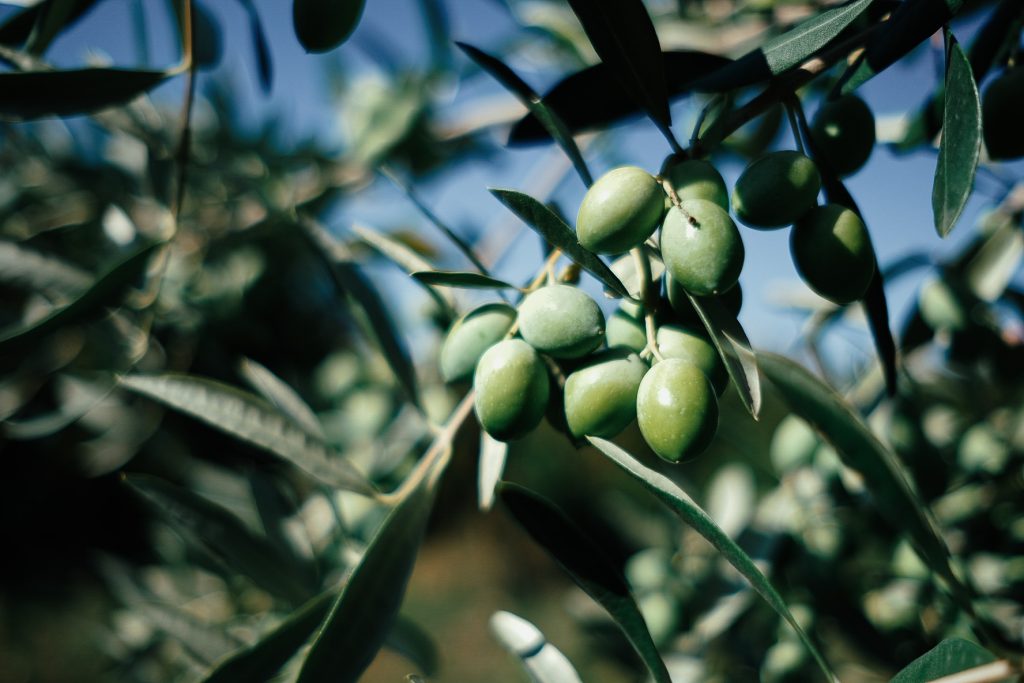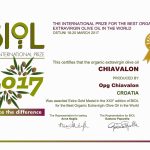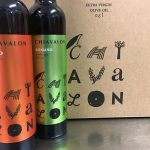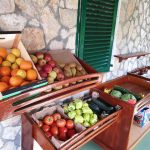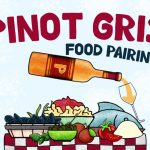A couple of weeks ago I wrote a reflection as a result of the two years since I arrived in Croatia. In it, not only did I want to share several anecdotes about that time, but I felt encouraged to list ten reasons why I believed that it could be easy for someone to adapt their lives here in Croatia, based on my own experience. If I could be able to summarize that article in a few words, I think I could do so by saying that Croatia is a country that successfully manages to harmoniously combine heritage, ruralism, and ancient traditions, with development, urbanism, and Western influence. It is a country where you can walk the elegant streets of Ilica in Zagreb or Marmontova in Split, as well as visit the fields of Slavonia or the vineyards of Istria, and not feel any kind of barriers or class gaps. It is, in short, a country for everyone.
There are many ways to prove to yourself that you have managed to adapt effectively to a new country: learning the language, making new friends, finding a job, buying a house, learning how to prepare a local dish, and more. But I feel that I personally cannot feel fully integrated in Croatia if I do not follow closely the activities and traditions that its people have carried out for hundreds of years. The great thing about Croatia is that there is a peaceful coexistence between these traditions and their respective industries (and in some cases, it can be exclusive to home production). In my country, on the other hand, many of these traditional activities are being displaced by large industries, such as consumer fishing, wine, or agriculture. However, it is not my intention to delve into a very complex topic that may require me to know about topics that I still need to learn more about. What I want to say is that in Croatia I find it very difficult for an activity inherited by generations to be interrupted by a dominance of the industrial sector, but rather that people can continue making their rakija, their wines, their olive oil, their harvests, and their fishing, with an authentic feeling of belonging and, at the same time, feeling fairly rewarded for their effort, as people here value highly their local and home-made products.
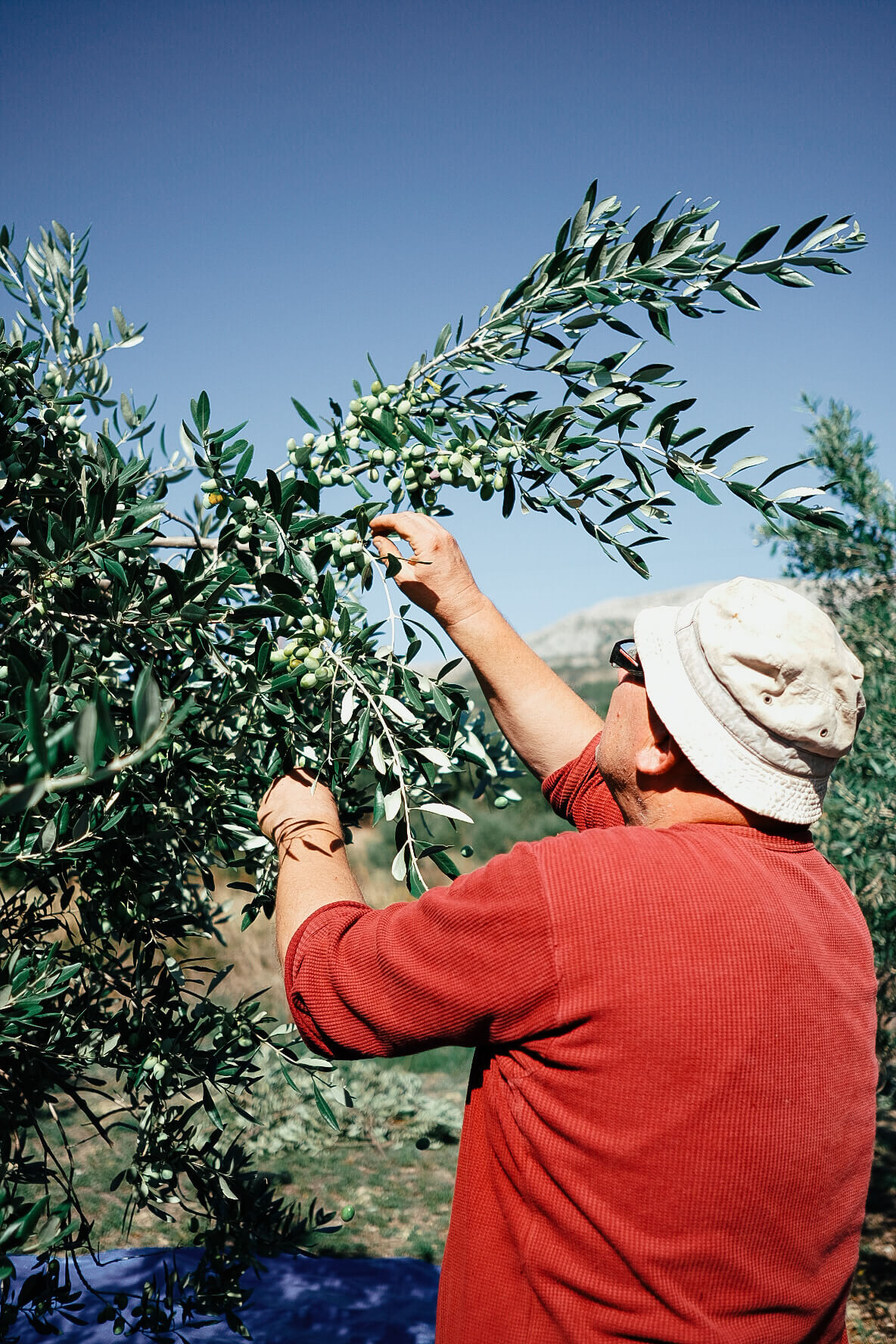
Olive oil, in particular, has always been one of the cornerstones in our kitchen at home, where my parents have always done wonders with its help. We were glad to know, when we moved, that in Croatia it was equal or even more important in their diet than in ours. It took us little time to recognize the high quality of Croatian olive oil. However, I was sad that after two years in Croatia and consuming its world-renowned olive oil, I felt so distant from the enormous process behind its production. I knew absolutely nothing about how olive oil is made, or about olive trees, or about olives. Nothing at all.
In Podstrana, where I live, I find myself surrounded by small fields of cultivation of apples, lemons, watermelons, cabbages, as well as olive trees. Throughout last year, especially at the end of the summer, I have noticed different people who come to take care of their crops, but few or no people in the olive trees. It was in October-November of 2020 that I saw people pick olives for the first time, and that’s when I discovered that it was in fact the season. I felt like I had missed a huge opportunity (laziness and shyness won me over, not gonna lie) to get closer and learn more about olive picking. I decided that in the following season I would learn more about this tradition.
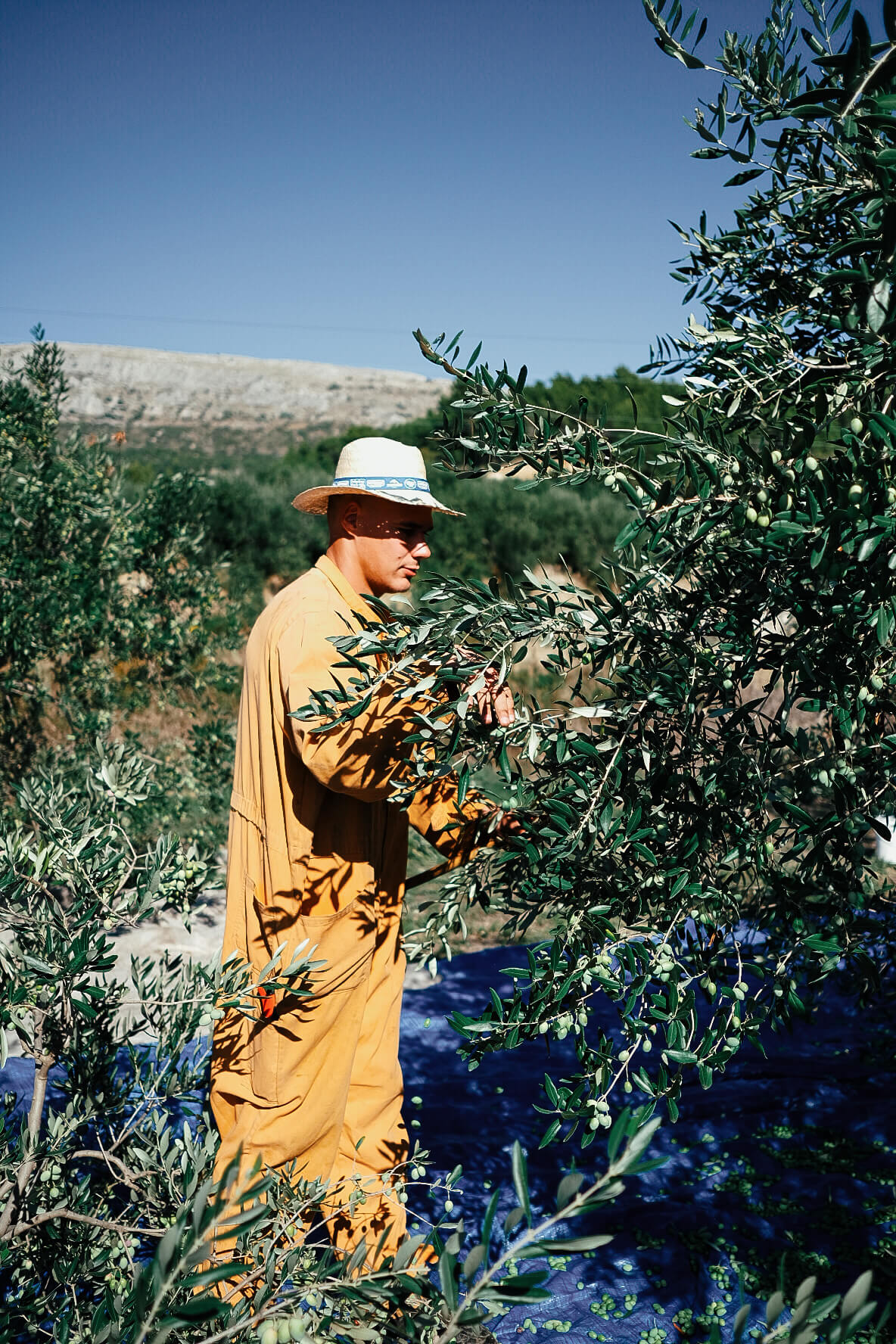
I patiently waited this year for October to arrive, and a few days ago I saw that they were picking olives in the distance. This time I did not hesitate, I took my camera and walked over to where they were. It was there that I met one of the kindest families from Podstrana. From the moment I introduced myself, I had never felt so well received by strangers, and they did not hesitate for a second to allow me to accompany them and document their work. For me, it was a great relief, since at some point I overthought that they would feel invaded by my presence both on their property, and in a time where they can share their privacy in a traditional family activity. But they didn’t bother, and I think they were not only impressed and glad to hear me speak Croatian, but they may have been happy to see someone genuinely interested in learning more about olive picking.
The father, Jozo, dedicated almost three hours to telling me everything about his olive trees and olive oil, while he collected olives along with his wife and son. Jozo and his son Ivo educated me on the technique used to carefully extract olives from the trees, using a small plastic rake to ”brush” the branches full of olives, as well as the high quality of these olives, called ”Levantin”, for the subsequent oil production process that would come later. The weather was perfect, as it felt like a summer day infiltrated in the fall, with a radiant sun that did not burn your skin. Still, the shadow of a twenty-year-old olive tree protected us. All you could hear was Jozo’s endless but nourishing olive lessons, as well as these constantly falling like rain from the tree over the blue plastic carpet.
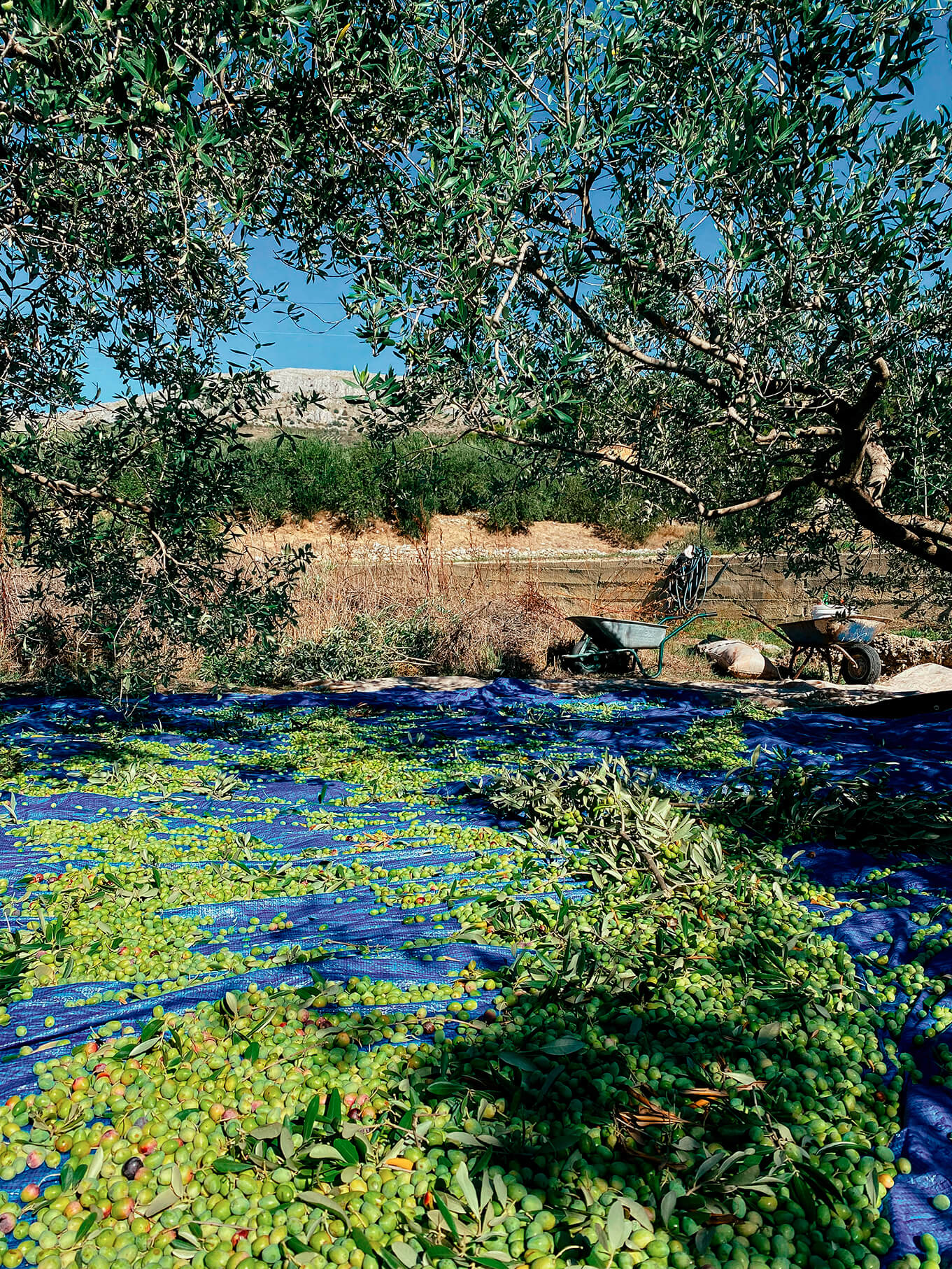
After three hours of a lot of learning and thousands of olives scattered on the ground, it was time to go and it was time for the family to collect all the olives in bags. It was a very fruitful afternoon for everyone, as I returned home with much more knowledge about olive picking as well as numerous photos and videos, and they returned home with almost 150 kilos of olives, from a single tree! According to Jozo himself, this particular year had been a very good one for his olive trees, and the gentle climate was key for them to produce so many olives.
Before I left, I exchanged phone numbers with Ivo, and it was there that I passed them the photos I had taken and, soon, a small short film that I will prepare about this particular experience of olive picking. They also promised me a bottle of their olive oil, which I look forward to trying soon.
It has been one of those (few) days and anecdotes in which I return home with a real smile, and that reminds me of how right my decision to come to Croatia was, and how close I am to being able to adapt to this beautiful country. If there is one thing I am sure of, it is that I will not be able to die in peace without at least one olive tree in my future home!
Here are some pictures I took from this wonderful day of olive picking in Podstrana:
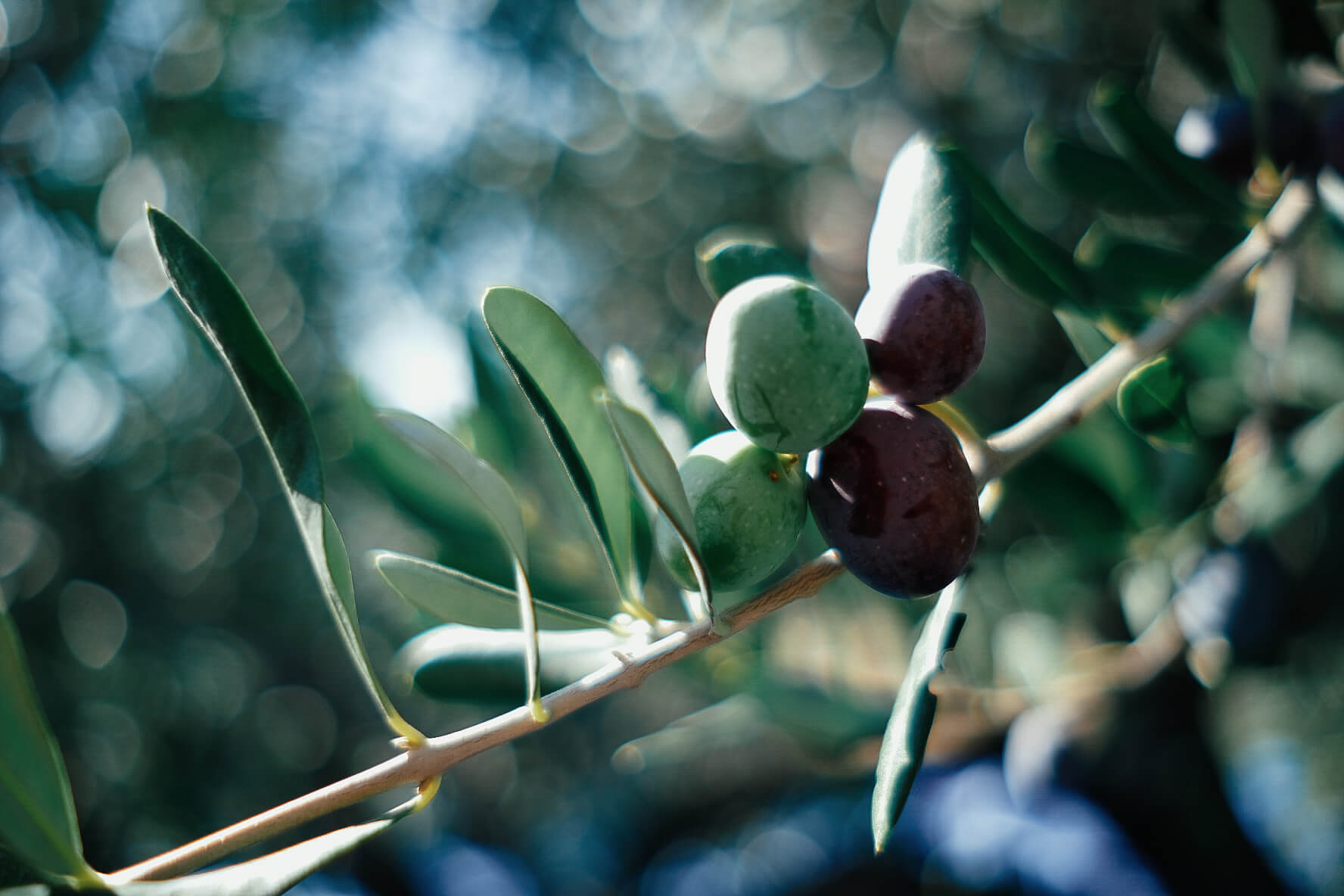
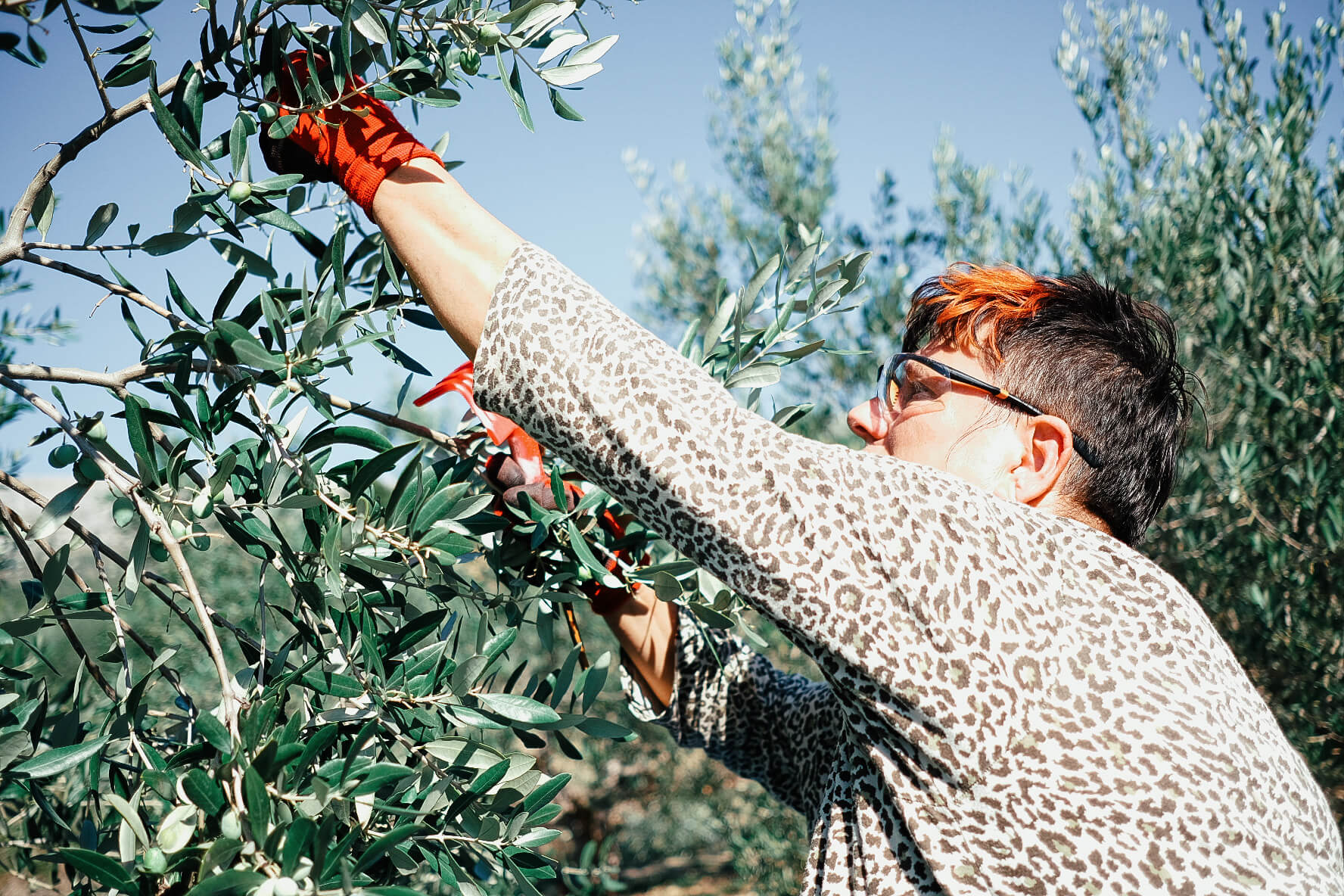
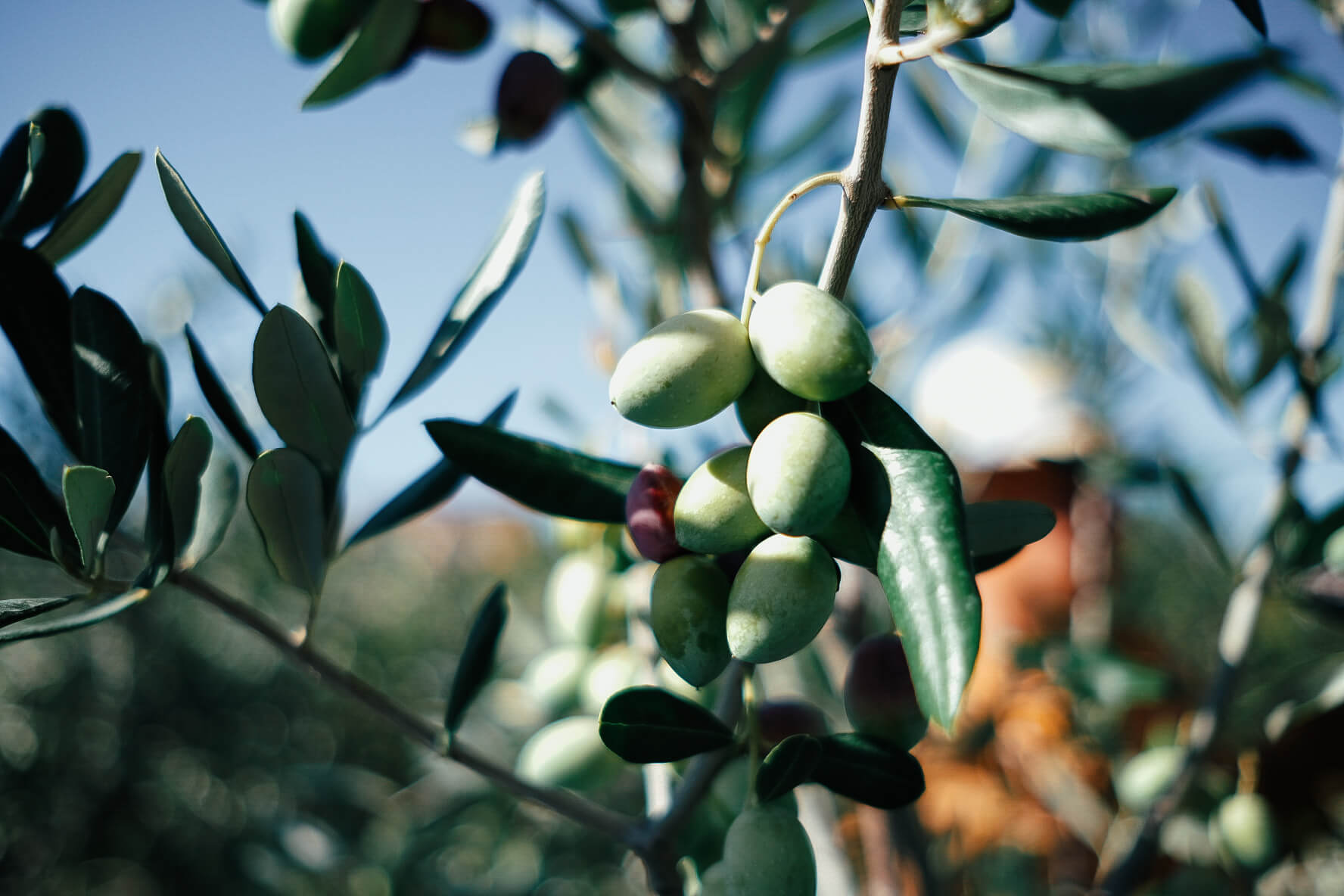
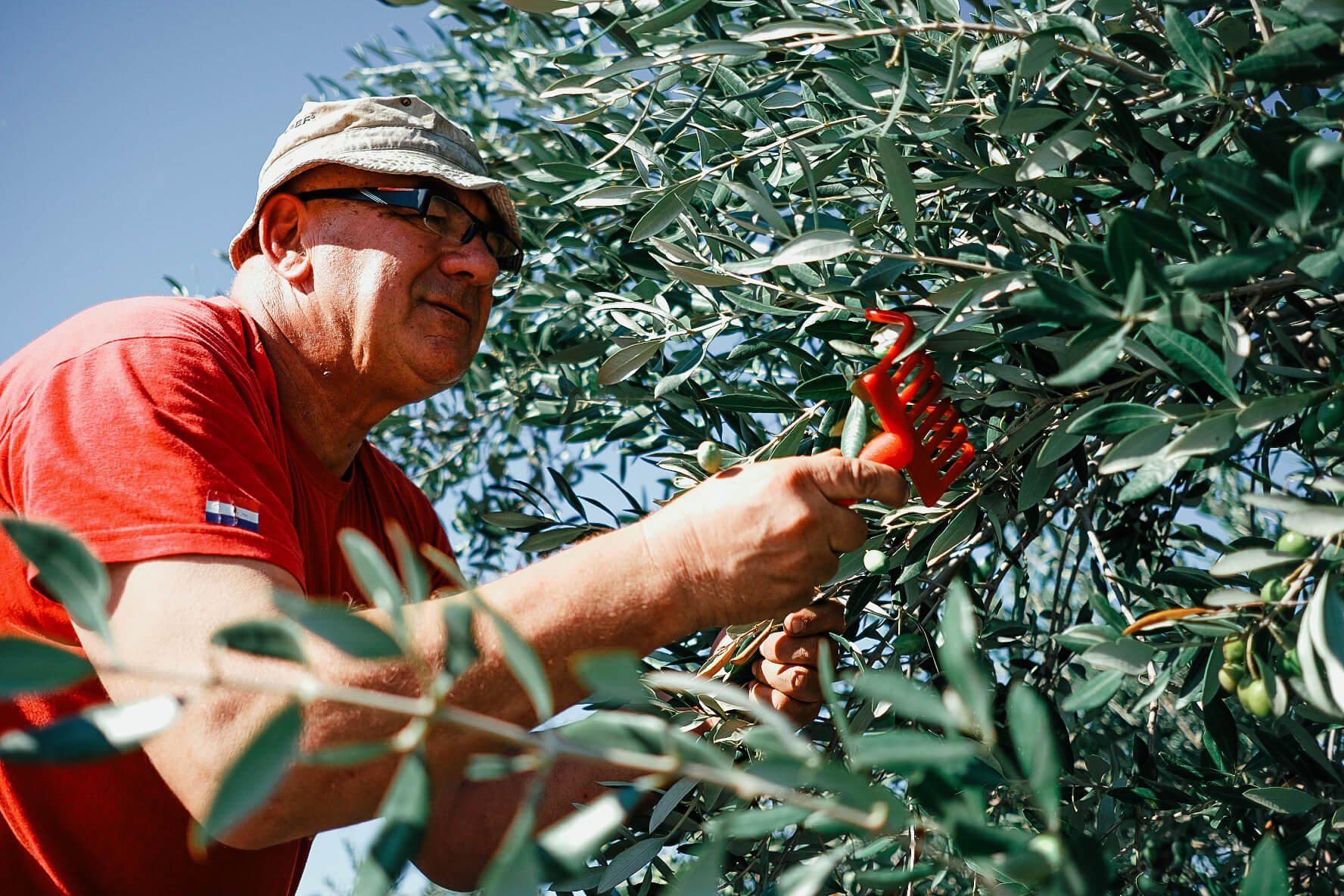
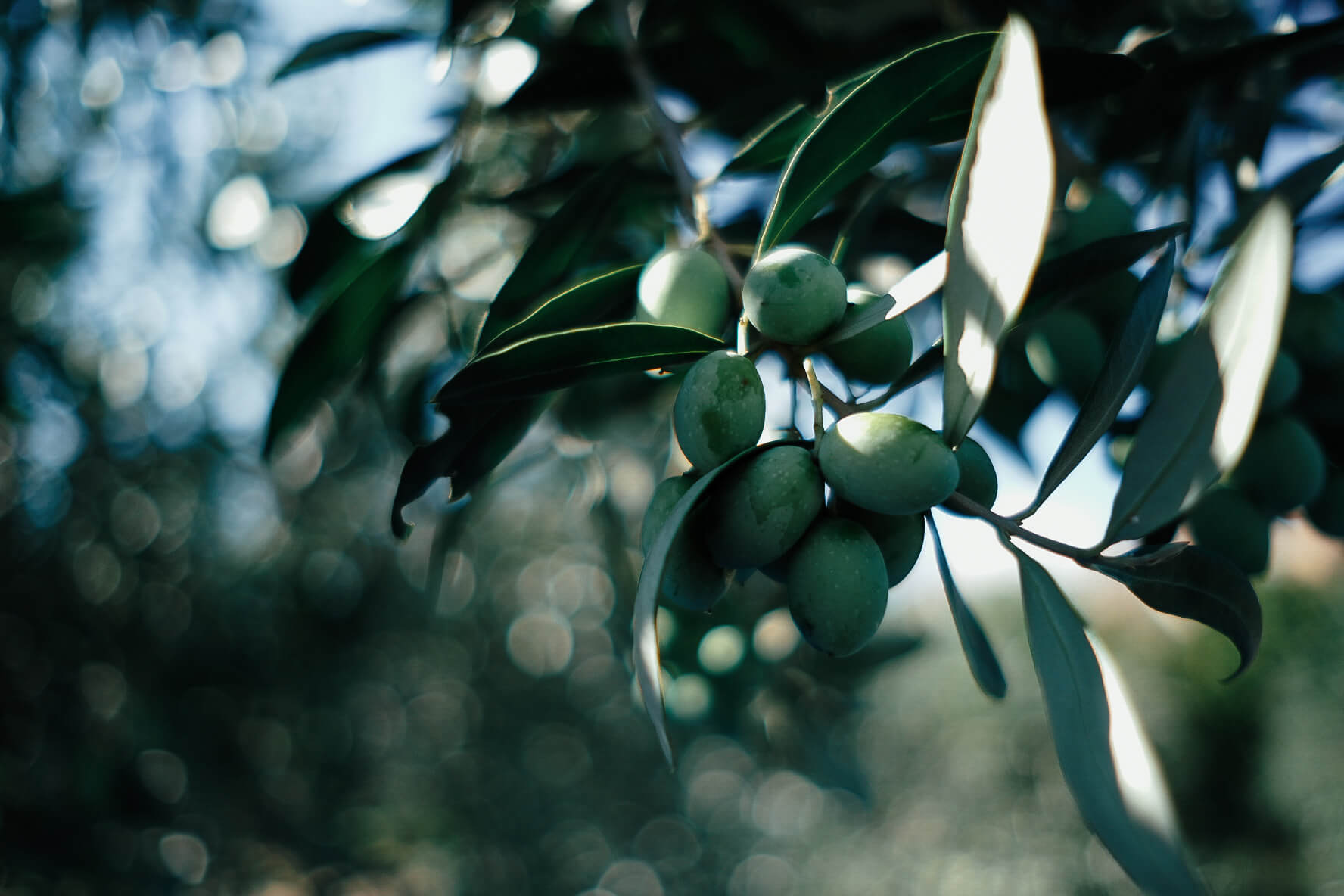
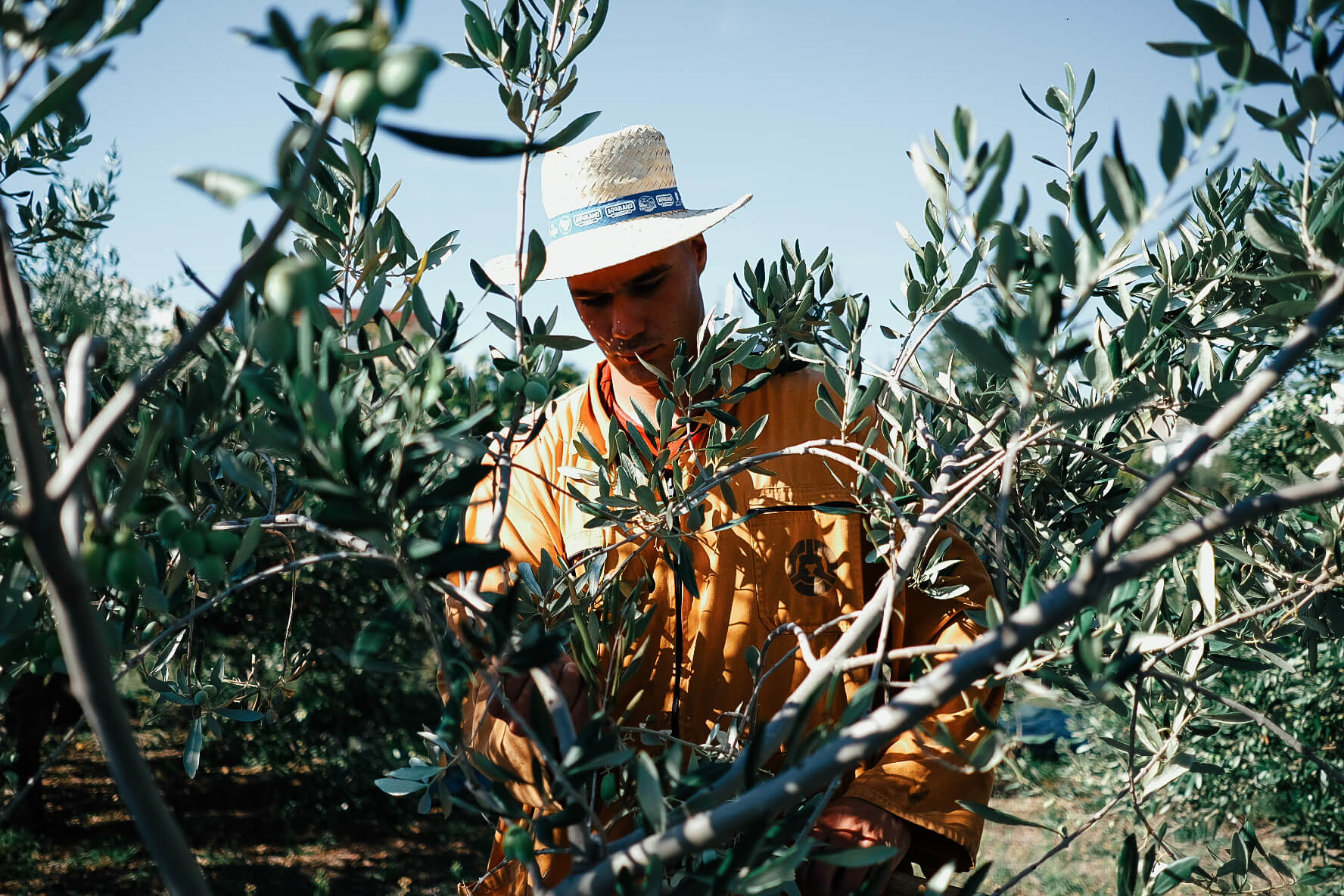
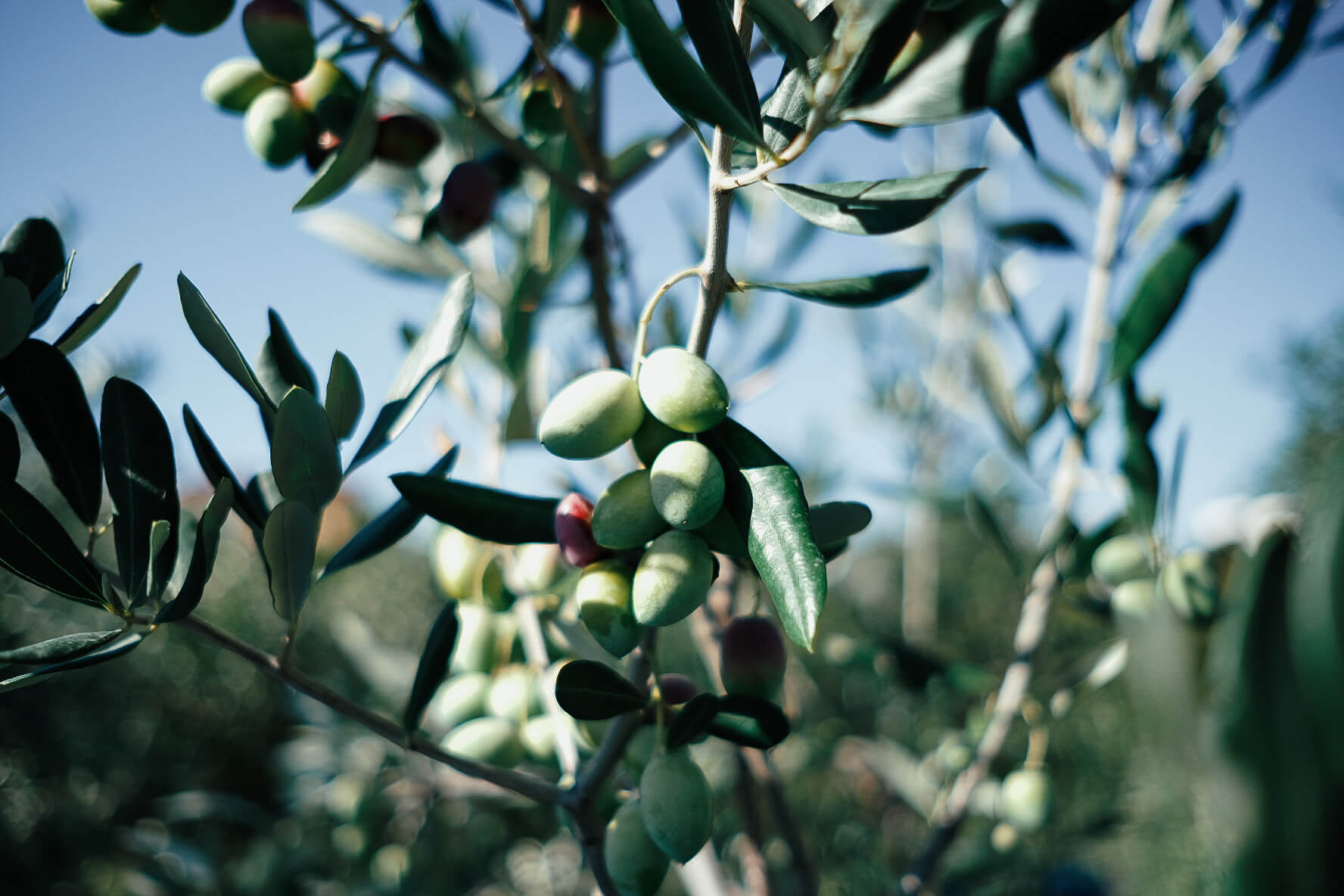
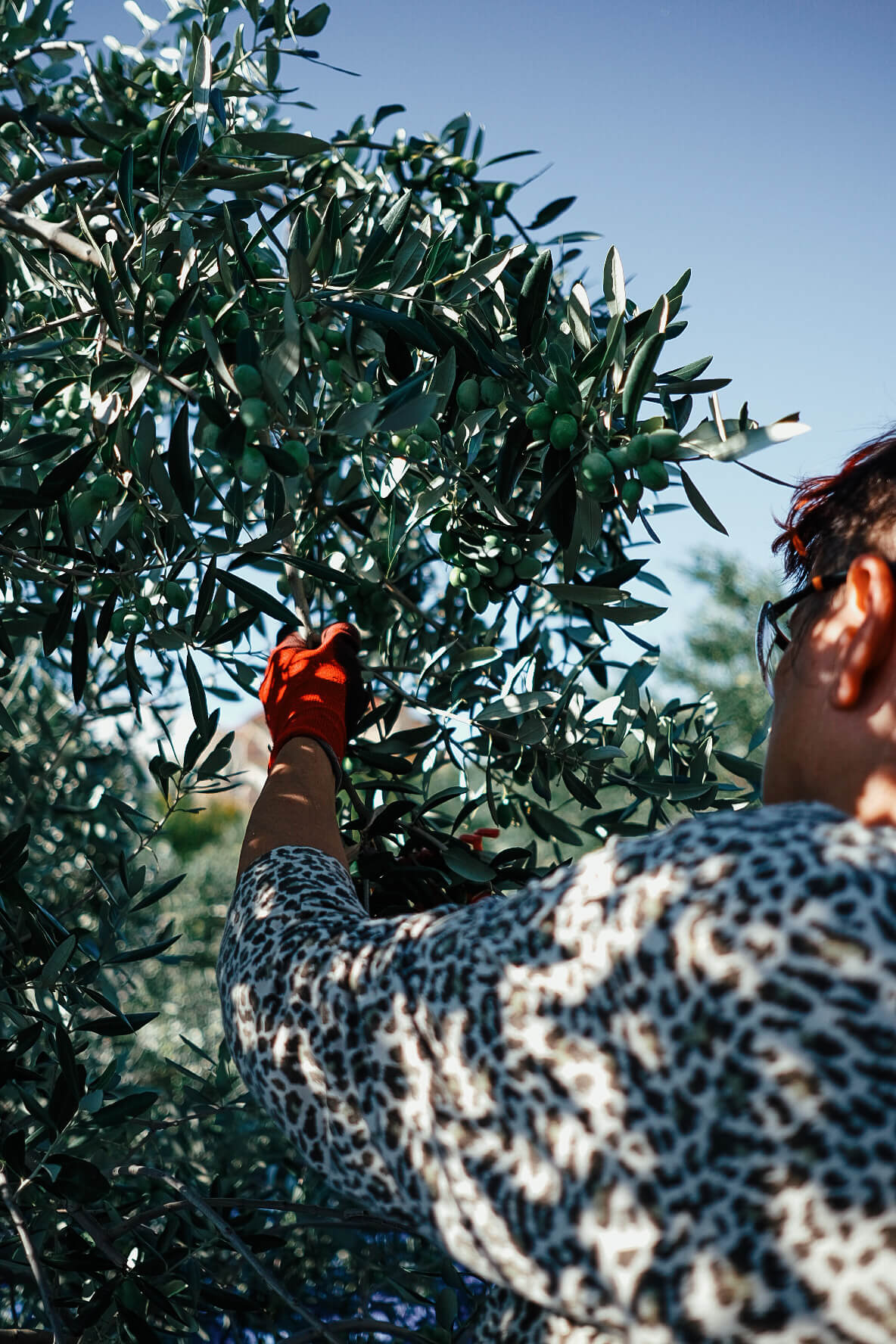
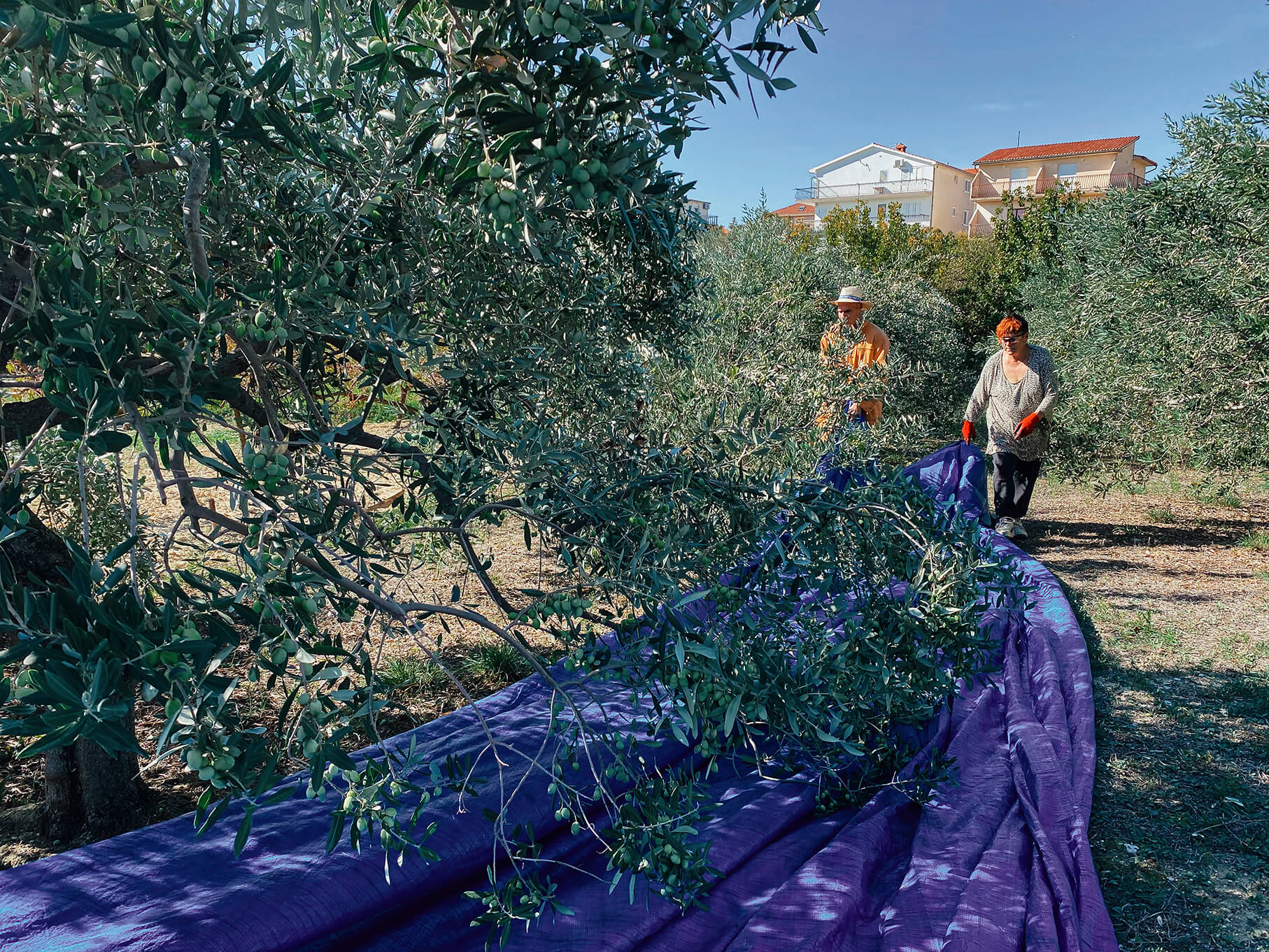
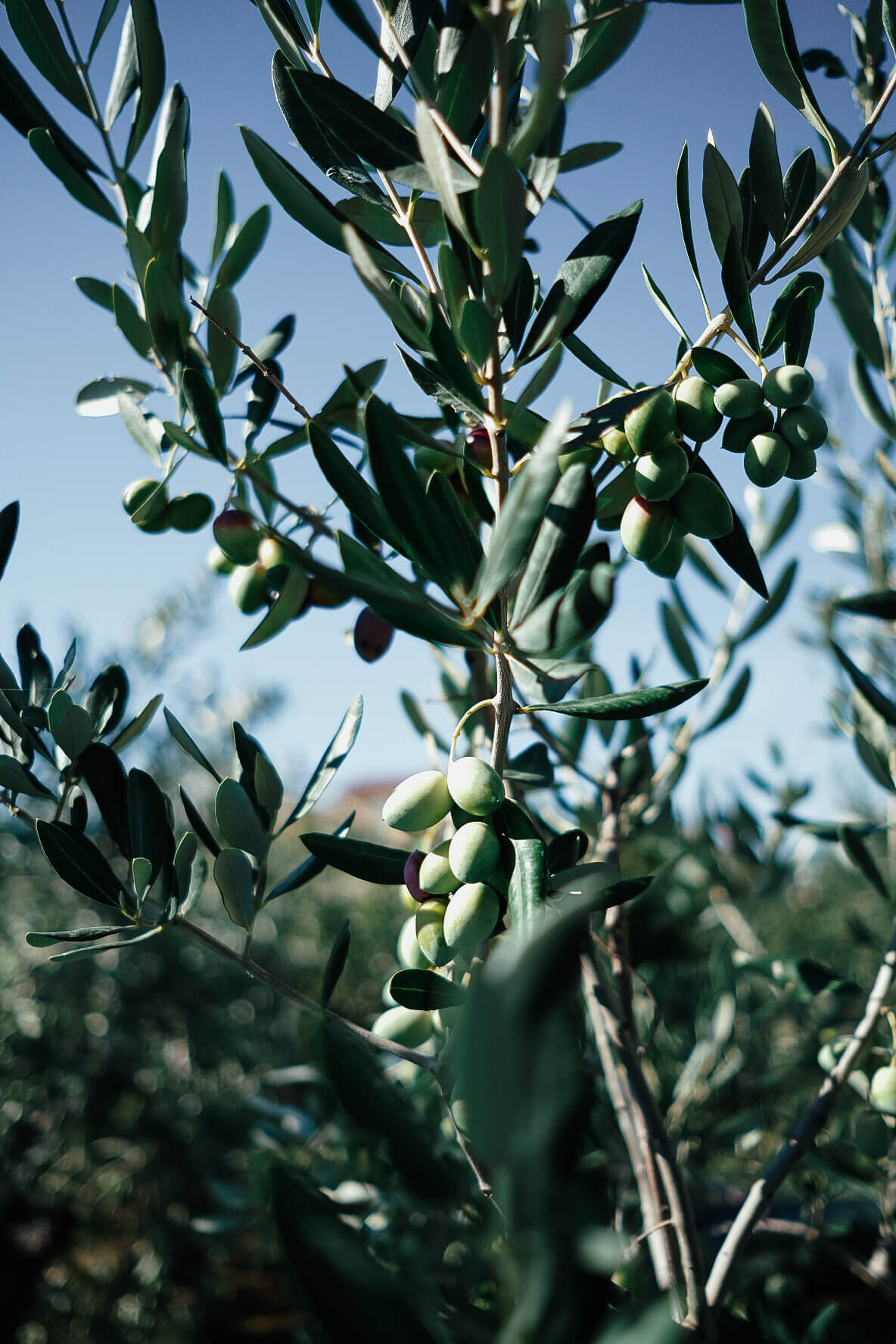
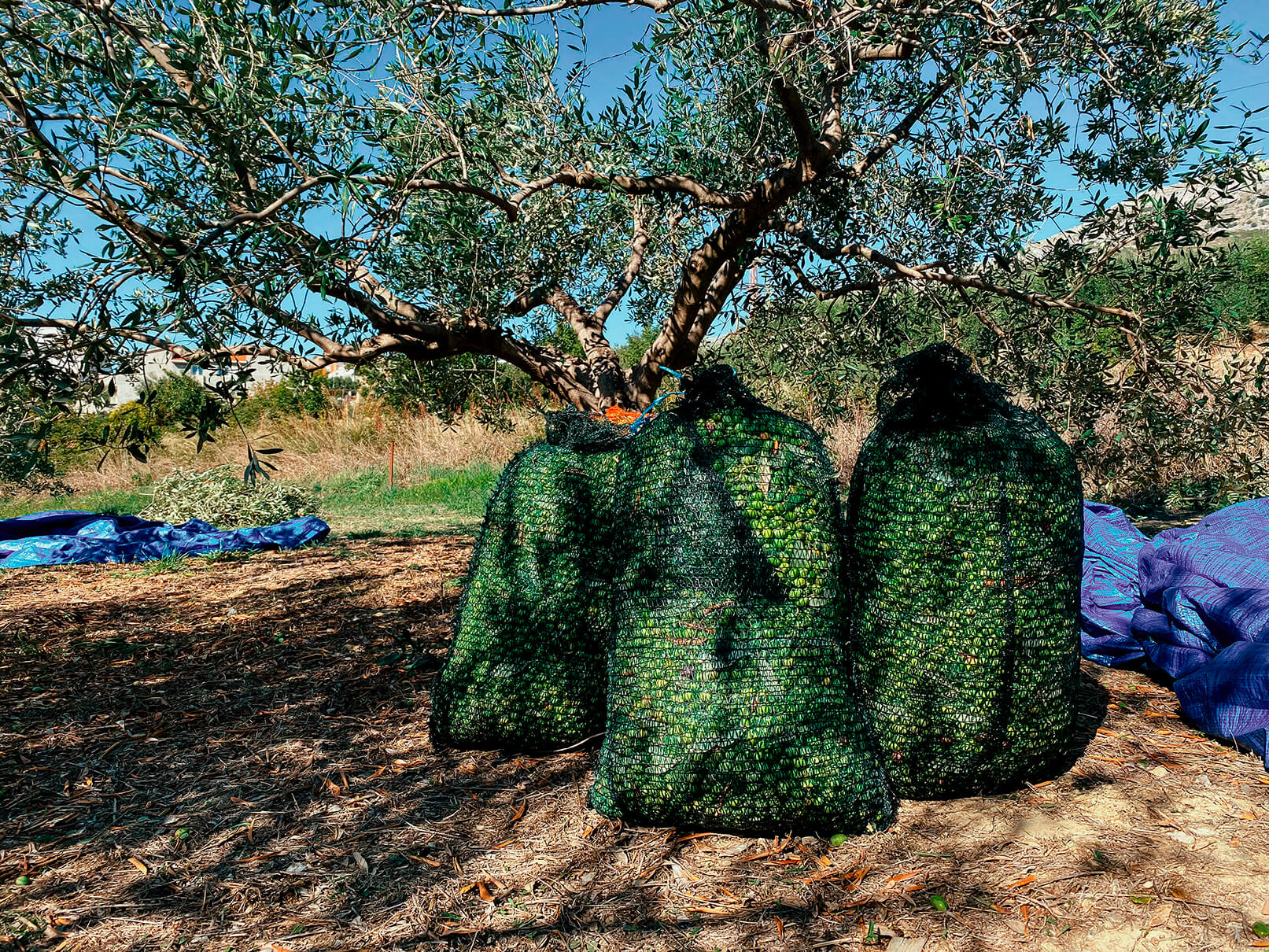
When it comes to olive oil, Croatia is one of the leading countries in the industry. From Istria to Dalmatia, you can find all the information you need to know about the origins, processes, and where to buy Croatian olive oil on the Total Croatia page, now in your language!
For more news like this, make sure to check out our dedicated lifestyle section.

